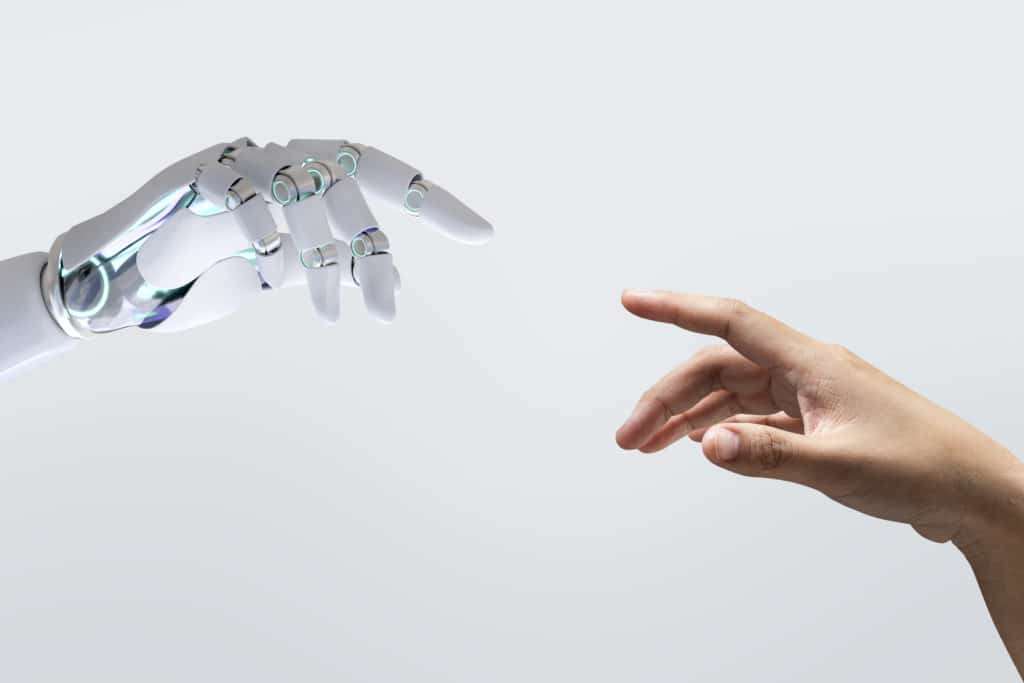Artificial intelligence (AI) is a broad tool that allows people to rethink how they combine data, analyze it, and use the ensuing insights to make better decisions—and it’s already affecting every aspect of life. In this article, we will analyze AI’s applicabilities in a range of fields, address concepts in its development, and learn some fundamentals to get the most out of AI while maintaining key human values.
Artificial Intelligence Qualities
Although no totally specified definition exists, AI is widely understood to refer to “machines that respond to stimulus in the same way as people do, given the human ability for deliberation, judgement, and intention”. These software solutions, according to academic experts, “make decisions that ordinarily demand a human skill” and assist individuals in anticipating difficulties or dealing with challenges as they arise. As a result, they act in a deliberate, intelligent, and adaptive manner.

Deliberation
Artificial intelligence algorithms are created to make decisions based on data that is often updated in real time. They differ from passive machines, which are limited to mechanical or preset responses. They combine data from a number of sources using sensors, digital data, or remote inputs, evaluate the material in real time, and act on the insights gained from the data. They are capable of considerable sophistication in analysis and decision-making thanks to massive increases in storage systems, computing speeds, and analytic approaches.
Intelligence
Machine learning and data analytics are frequently used in conjunction with AI. Machine learning examines data for underlying patterns. Software designers can utilize this information to evaluate specific difficulties if it notices something that is relevant to a practical problem. All that is required is data that is sufficiently stable for algorithms to recognize valuable patterns. Digital information, satellite images, visual information, text, and unstructured data are all examples of data.
Adaptability
As they make decisions, AI systems have the potential to learn and adapt. Semi-autonomous vehicles, for example, have features that warn drivers and vehicles of approaching traffic congestion, potholes, highway construction, and other potential traffic barriers. Vehicles can benefit from the experience of other vehicles on the road without the need for human intervention, and the entire corpus of their gained “experience” is instantly and completely transferable to other vehicles with similar configurations. Their complex algorithms, sensors, and cameras are based on existing operations, and they use dashboards and visual displays to show information in real time so that human drivers may make better decisions.
Types of Artificial Intelligence
- Reactive Machines
- Limited Memory
- Theory of Mind
- Self-Awareness

AI isn’t a far-fetched concept; We use AI in our daily lives. It’s already here, and it’s being integrated and implemented across a wide range of industries. Finance, national security, health care, transportation, and smart cities are all examples of this. There are countless instances when AI is already having a substantial impact on the world and augmenting human capabilities.
There is no choice to get out of switching to artificial intelligence. To stay competitive, every company must eventually embrace AI as it is natural for companies that fail to embrace AI in some capacity over the next 10 years to stay behind. If you need help developing the right strategy and access to the right tools to succeed in your AI transformation journey, you should look for an innovative partner with extensive business experience and a comprehensive AI portfolio.




